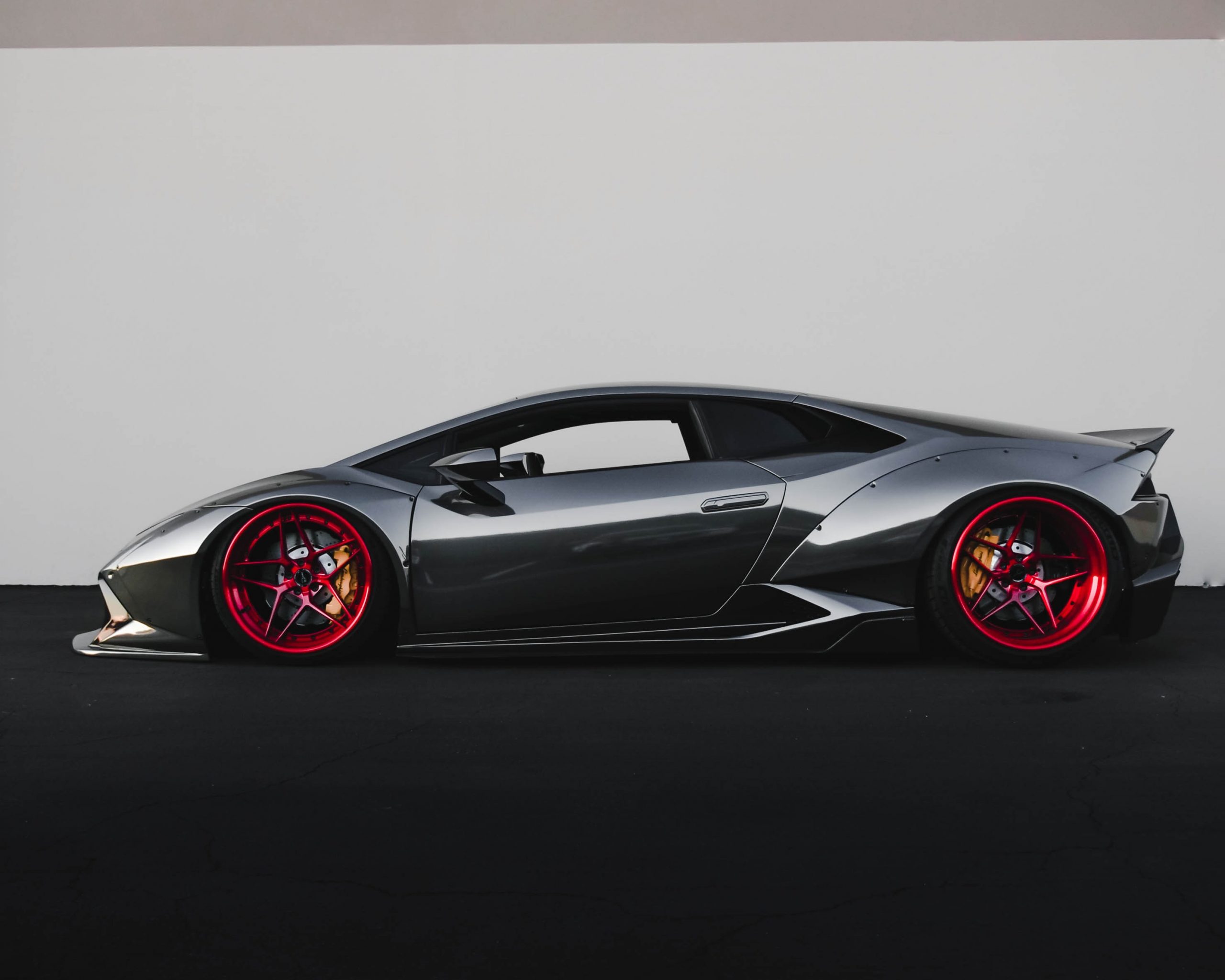Exotic vehicles are sometimes referred to as ‘luxury vehicles’ or ‘supercars’.
What is an exotic vehicle?
All three definitions mean the same thing, and there are several characteristics that define exotic vehicles:
-
Highly expensive, and unaffordable to the average person.
-
Top performance capabilities (they don’t call these supercars for nothing)!
-
Stylish and aesthetically pleasing, these cars look unique and stand out.
-
Top-quality materials.
-
Built to prioritise performance, for example low to the ground or a two-seater style.
-
Exclusive, as these cars are often limited in quantity for sale.
-
These cars are super fast!
What are the new exotic vehicles of 2020?
There are plenty of exotic vehicles to get excited about this year, one being the Ferrari S9 Stradale. This car will feature a V-8 twin-turbo and the total output is an anticipated 986hp. This year we will also see the Audi RS6 Avant arrive in the US. Featuring ceramic brakes, rear steering and sport suspension, there’s plenty to impress the motoring enthusiast. Not to mention a 600 hp V-8!
Pros of buying an exotic vehicle
-
Full ownership: many will purchase an exotic car on finance instead of parting with all that cash straight up (an impossible task for most). Regardless, with a financing option, you will be acquiring full ownership, meaning you’ll be putting your cash into a very desirable asset.
-
Increased value: most cars start to lose value as soon as you drive them, however with an exotic car, these actually go up in value. Sometime in the future, your car will reach a vintage stage, and collectors will likely want to purchase it for a large sum.
-
Used exotic: for many people, getting an exotic car on finance may be too expensive. However, you can also buy second hand vehicles, making the overall costs more affordable.
-
You can modify it: a fan of car mods? Want to give your vehicle your own style? When you own a vehicle, you can modify it all that you like.
Cons of buying
-
Price: exotic cars are expensive, the average cost of a new exotic vehicle is 100,000 dollars plus. As you can imagine, that’s still a hefty monthly payment if you get your vehicle on finance!
-
Maintenance: Once you’ve got yourself a luxury car, you’re going to want to maintain it perfectly. The trouble is that it’s expensive to do so. Even if you can front the car costs, you’ll have to factor in the ongoing maintenance.
-
Expensive insurance: ever wondered about the exotic car insurance cost? As you’ve probably guessed, it’s a lot of money! As an example, the Ferrari 488 GTB 2016 costs approximately $250,000 to insure.
Pros of leasing an exotic vehicle
-
Less expensive: when you lease a vehicle you are paying monthly for what you actually use. You never own the car, and your monthly payments are considerably lower when compared to financing.
-
Change it up: When you lease an exotic car, you are free to change your lease every few years. This way you get to drive several different exotic vehicles over time, with none of the commitment of ownership.
-
Buy at a later date: Perhaps you’re interested in buying an exotic vehicle, but you’re not entirely sure? Leasing a car can give you the chance to give it a try, and then you can always choose to make a purchase at a later time.
-
Depreciation: the depreciation cost falls on the person who is reselling the car, and not on yourself.
Cons of leasing
-
Top condition: when you don’t own the vehicle, you’re under pressure to keep in top condition, if there are any OTT maintenance issues or damages, you’ll likely have to pay for these at the end of the lease.
-
Mileage concerns: when you lease an exotic vehicle, you’ll have to keep the mileage under a certain amount, or risk having to pay out more. This can feel somewhat a burden when you want to make the most of your car.
Whether you decide to lease or buy a car, ensure that you do your research beforehand. You’ll want to go in with a good idea of the make and model you’re looking for. Owning or driving an exotic vehicle is on many people’s bucket list! The decision to own or lease largely relies on your financial situation, and whether you are seeking to make money on the car. Remember you can always start off leasing, and make a purchase when you’re sure this is the car for you.
